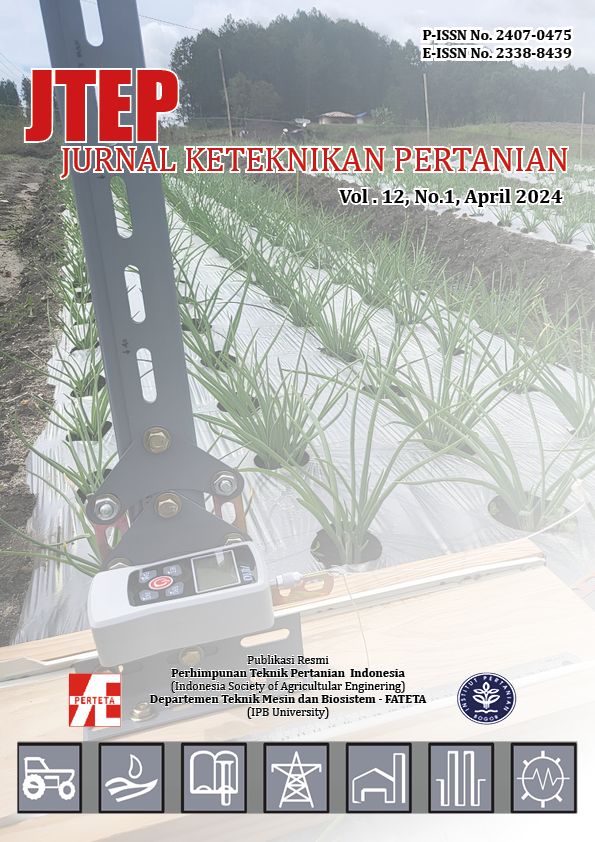An Intelligent Food Recommendation System for Dine-in Customers with Non-Communicable Diseases History
Abstract
The rising prevalence of diet-related diseases necessitates a focus on individual food selection to enhance nutrition intake and promote overall health. This study introduces a novel food recommender system utilizing artificial intelligence, specifically a genetic algorithm (GA), to intelligently match diverse nutritional needs with available food items. The research incorporates machine learning methodologies, such as collaborative and content-based filtering, to develop a recommendation model. Data from a commercial restaurant, Nutrisurvey, and the Indonesian food composition list inform the nutritional analysis of five menu items. Consumer variability, considering factors like sex, body mass index, medical conditions, and physical activity, are integrated into the GA framework for personalized food pattern matching. The presented results demonstrate the efficacy of the proposed model in offering tailored food recommendations for consumers with non-communicable diseases (NCDs), such as diabetes, hypertension, and heart disease. The multi-objective optimization technique employed in the system ensures a balance between nutritional adequacy and individual preferences. The presented GA-based approach holds promise for promoting healthier food choices tailored to individual needs, contributing to the broader goal of fostering a sustainable and personalized food system.
Authors

This work is licensed under a Creative Commons Attribution-ShareAlike 4.0 International License.
Authors submitting manuscripts should understand and agree that copyright of manuscripts of the article shall be assigned/transferred to Jurnal Keteknikan Pertanian. This work is licensed under a Creative Commons Attribution-ShareAlike 4.0 International License (CC BY-SA) where Authors and Readers can copy and redistribute the material in any medium or format, as well as remix, transform, and build upon the material for any purpose, but they must give appropriate credit (cite to the article or content), provide a link to the license, and indicate if changes were made. If you remix, transform, or build upon the material, you must distribute your contributions under the same license as the original.

